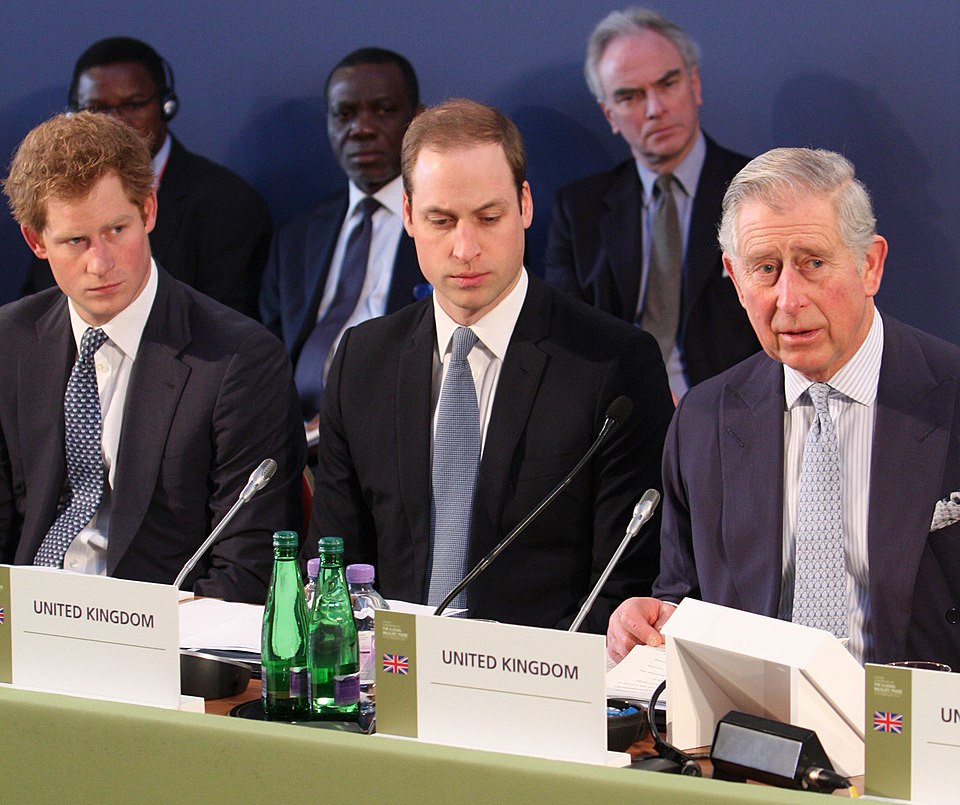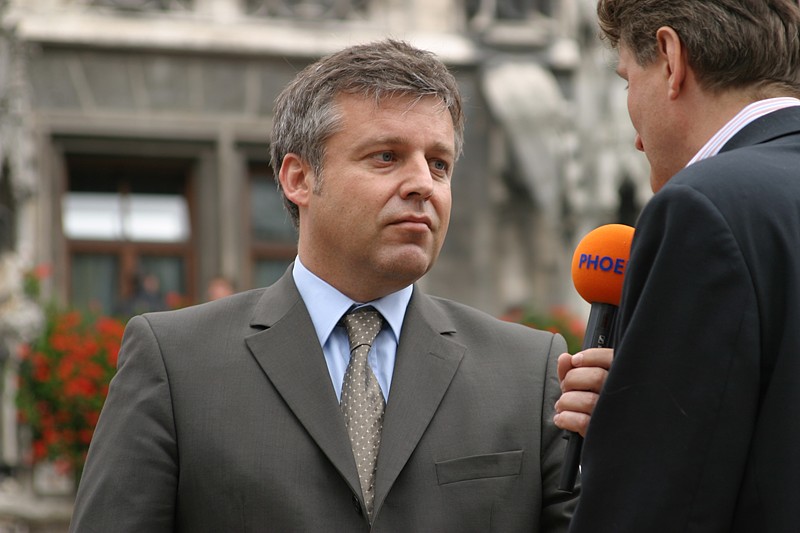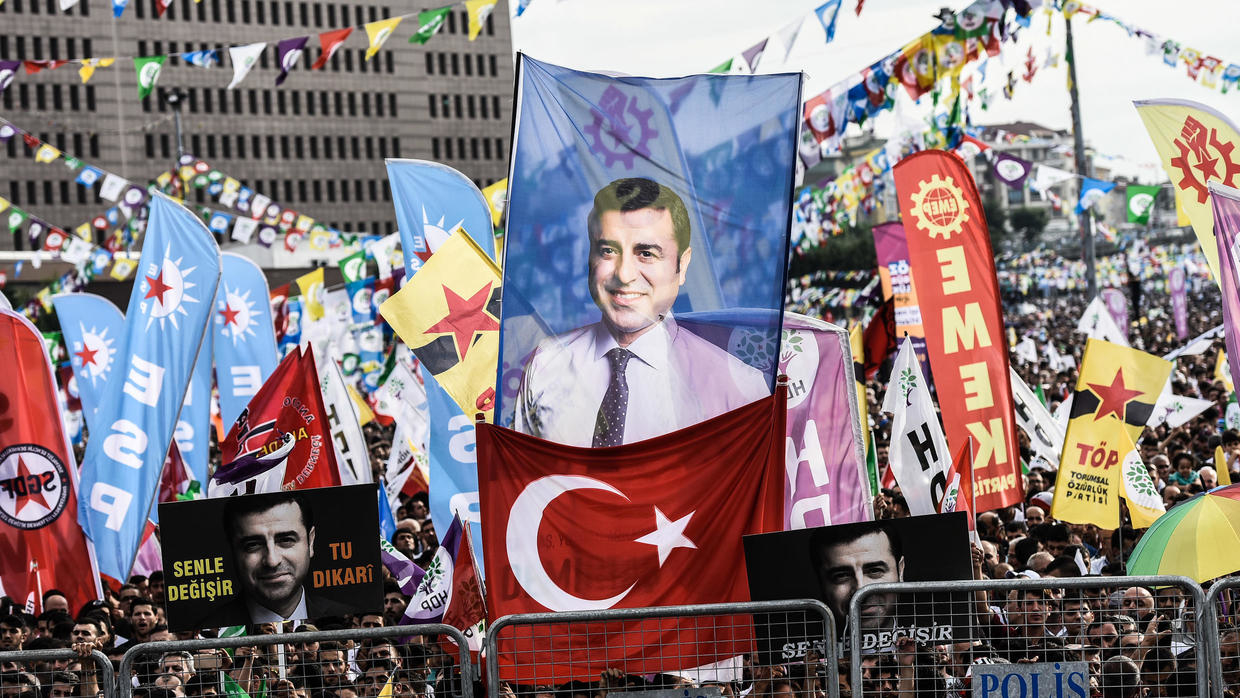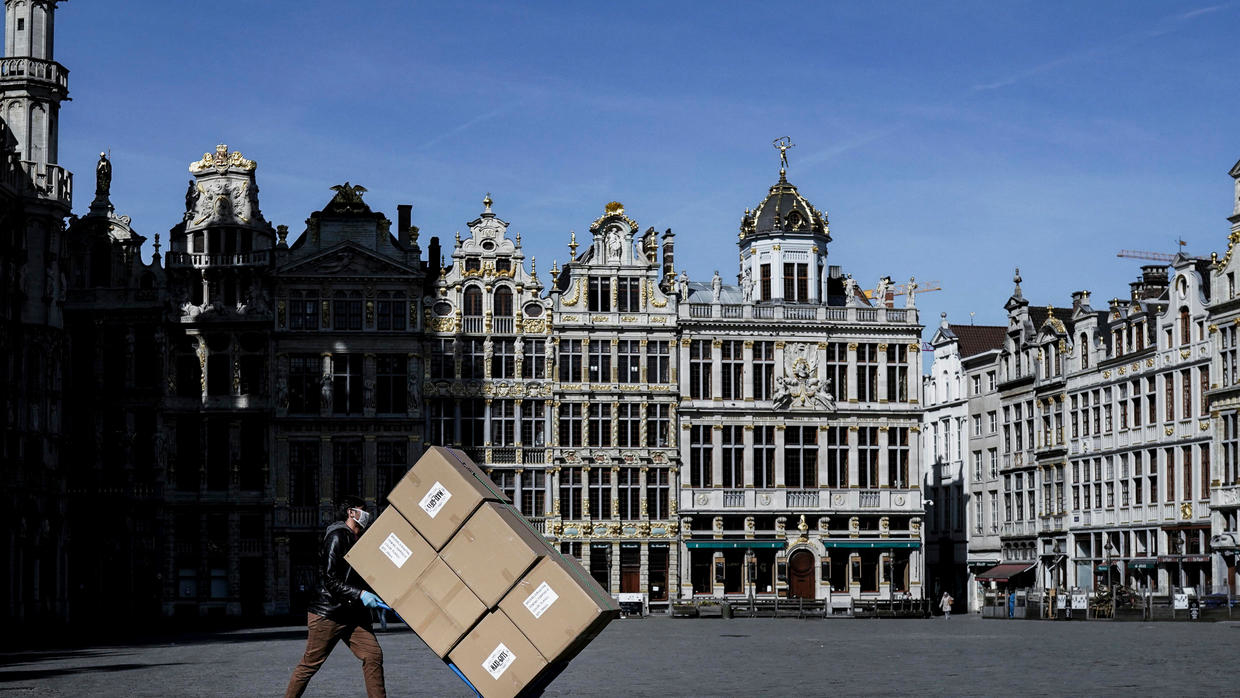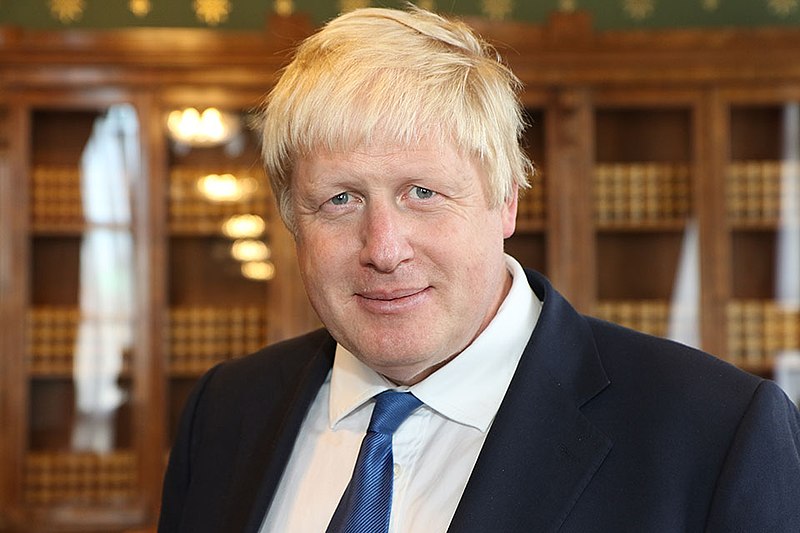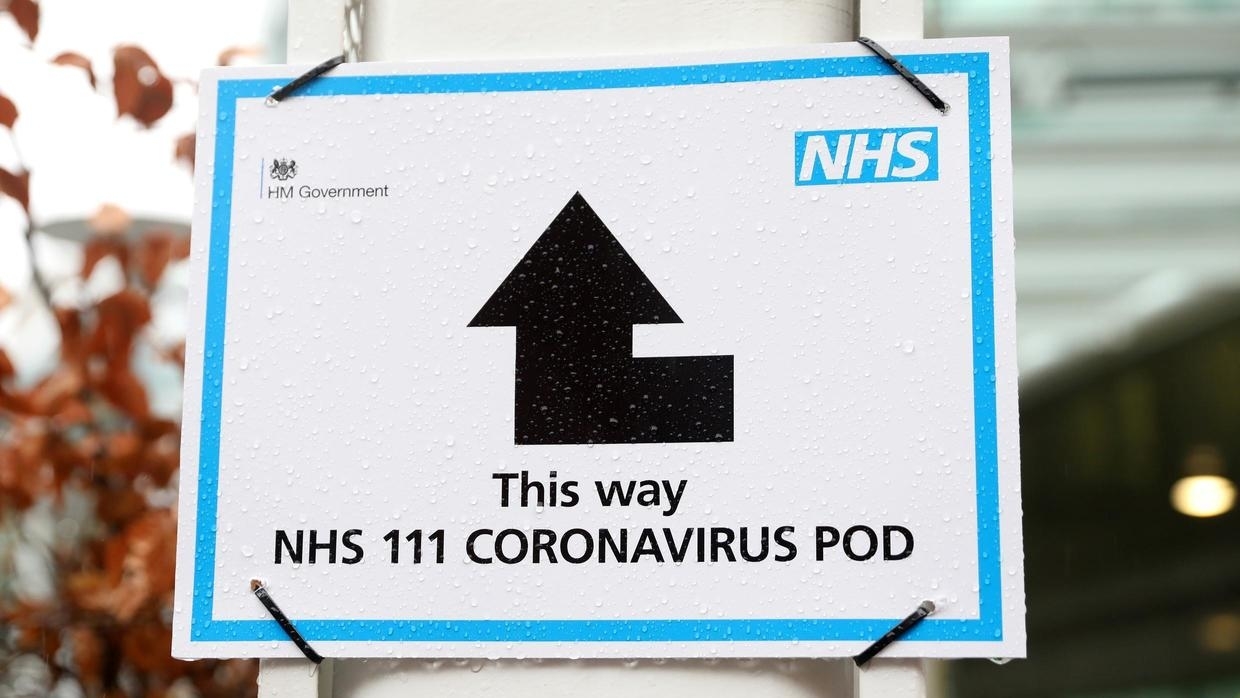
Socialist leader Pedro Sánchez has won a crucial parliamentary vote, securing a four-seat majority in the 350-seat assembly and cementing his role as Spain's prime minister for another term.
This victory follows a contentious amnesty agreement involving Catalan separatists, further intensifying Spain's political landscape.
Sánchez, navigating heated opposition, managed to clinch support through an amnesty pact for Catalans entangled in an attempted secession from Spain. However, his reliance on Catalan pro-independence factions has sparked fury among adversaries, fearing this agreement could reignite separatist fervor and threaten Spain's unity.
During the confirmation, Socialist lawmakers celebrated Sánchez's success, but protestors greeted them with boos outside the Spanish Congress building. The opposition, led by Alberto Núñez Feijóo of the conservative Popular Party, accused Sánchez of prioritizing personal agendas over the country's interests.
The growing tension was underscored by widespread demonstrations across Spain and Feijóo's condemnation of Sánchez's actions as a significant misstep for the nation. Feijóo explicitly highlighted the prime minister's apparent alignment with those seeking self-determination for regions distinct from Spain.
Sánchez, addressing concerns regarding the legitimacy of his government, connected such disputes to a global trend, referencing international instances where right-wing factions challenged electoral outcomes. He pointed to the presence of a former Fox News anchor at a Madrid protest, indicating a broader political trend.
The political climate's volatility was evident, with instances of harassment toward Socialist MPs and hostile demonstrations outside the Congress. These events reflect the polarized sentiments surrounding Sánchez's leadership.
This contentious victory follows a series of political maneuvers, including alliances with Catalan separatist groups like the Republican Left and a controversial amnesty proposal with Together for Catalonia, headed by Carles Puigdemont, a key figure in the 2017 illegal independence vote. The proposed amnesty, deemed contentious by many in Spain's judiciary, would absolve Puigdemont and several pro-independence figures from legal repercussions, potentially facilitating Puigdemont's return from exile.
Despite criticisms and dissent within the governing coalition, Sánchez is poised to be sworn in for his second term. However, fractures within his coalition indicate the challenges ahead for his government's stability. Photo by European Parliament from EU; Pietro NAJ-OLEARI, Wikimedia commons.



